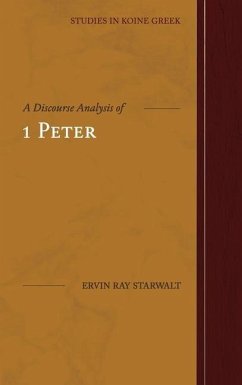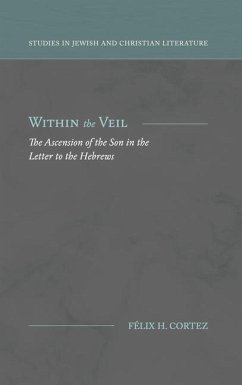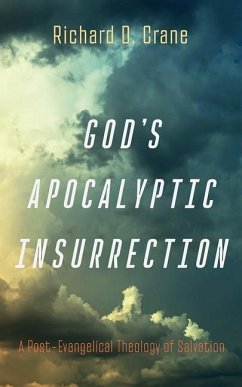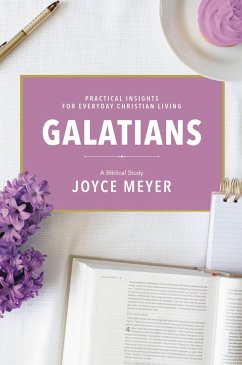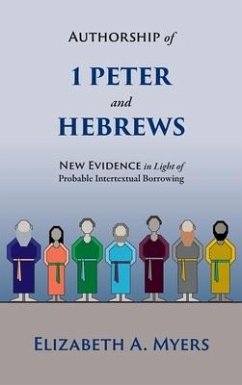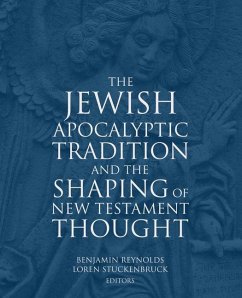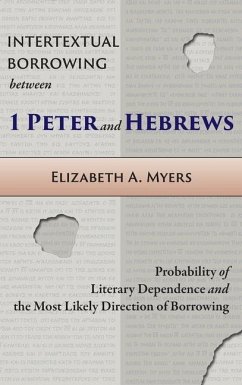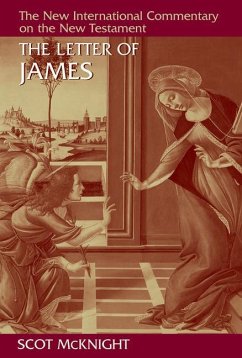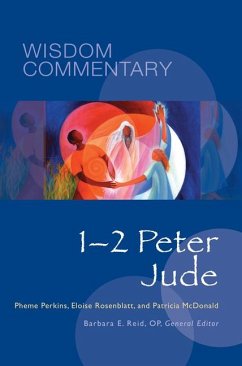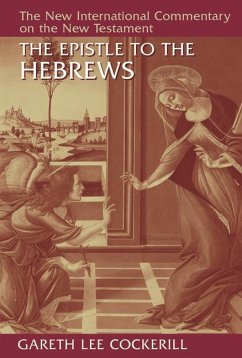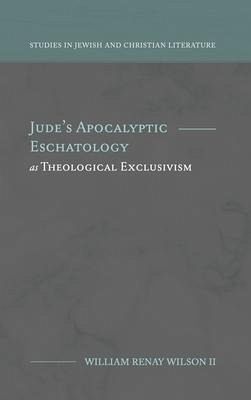
Jude's Apocalyptic Eschatology as Theological Exclusivism
Versandkostenfrei!
Versandfertig in über 4 Wochen
43,99 €
inkl. MwSt.
Weitere Ausgaben:

PAYBACK Punkte
22 °P sammeln!
In early Judaism and Christianity, the apocalypse genre and related apocalyptic materials shared a common ideology that can be identified as apocalyptic eschatology. Religious communities employed apocalyptic eschatology in order to resist theological pluralism as it encroached upon them. Writers were capable of utilizing apocalyptic eschatology to dictate acceptable belief and practice in an effort to control and preserve a faithful community. Among the early Christian writings, Jude's use of this ideology follows the same exclusionary pattern, addressing theological pluralism that his ancien...
In early Judaism and Christianity, the apocalypse genre and related apocalyptic materials shared a common ideology that can be identified as apocalyptic eschatology. Religious communities employed apocalyptic eschatology in order to resist theological pluralism as it encroached upon them. Writers were capable of utilizing apocalyptic eschatology to dictate acceptable belief and practice in an effort to control and preserve a faithful community. Among the early Christian writings, Jude's use of this ideology follows the same exclusionary pattern, addressing theological pluralism that his ancient audience faced and that the contemporary church continues to face today. Through his polemic, Jude also reveals a cluster of worldview non-negotiables for the early church.



